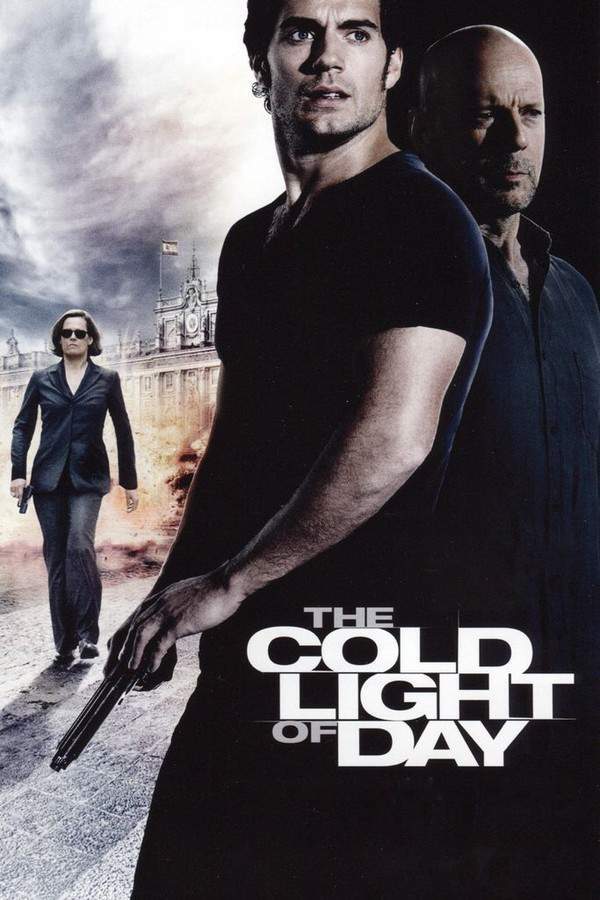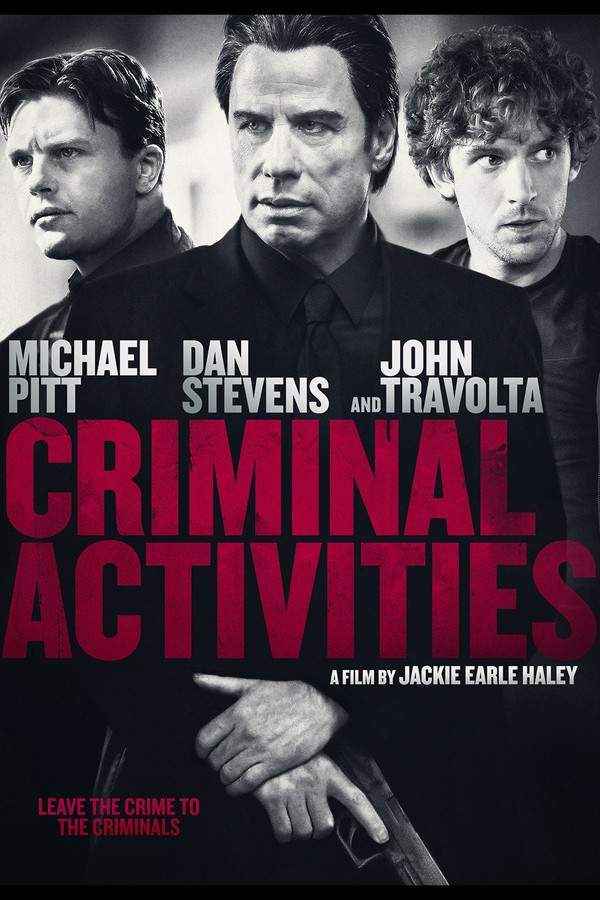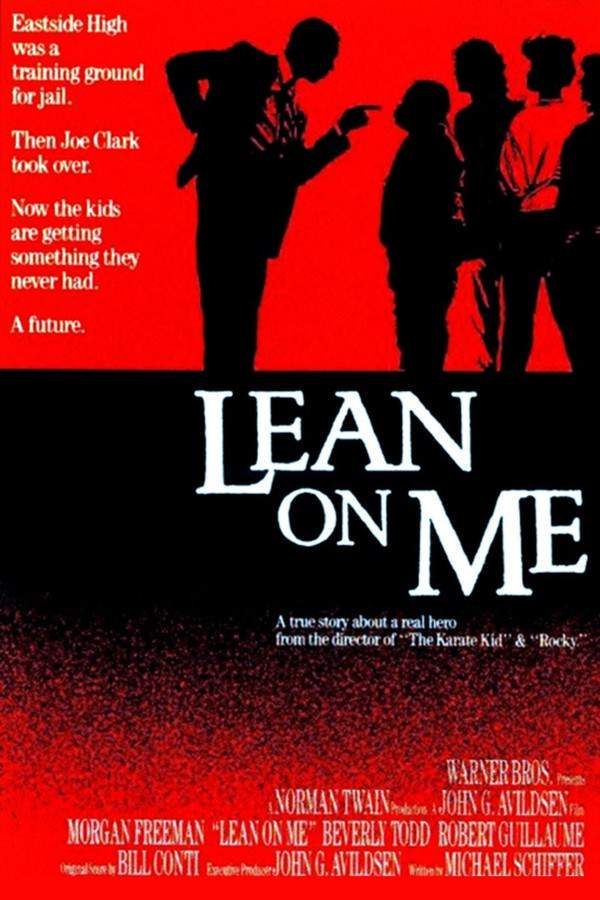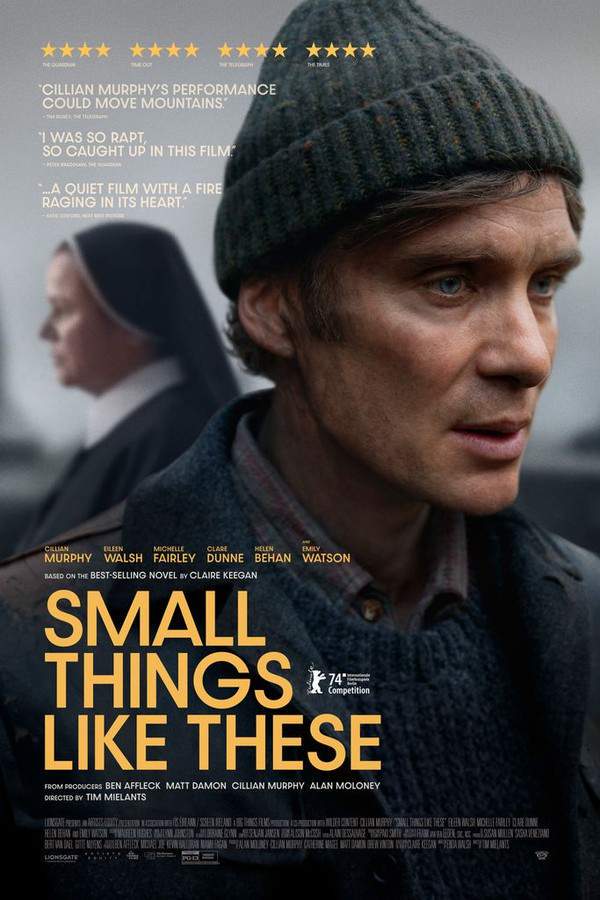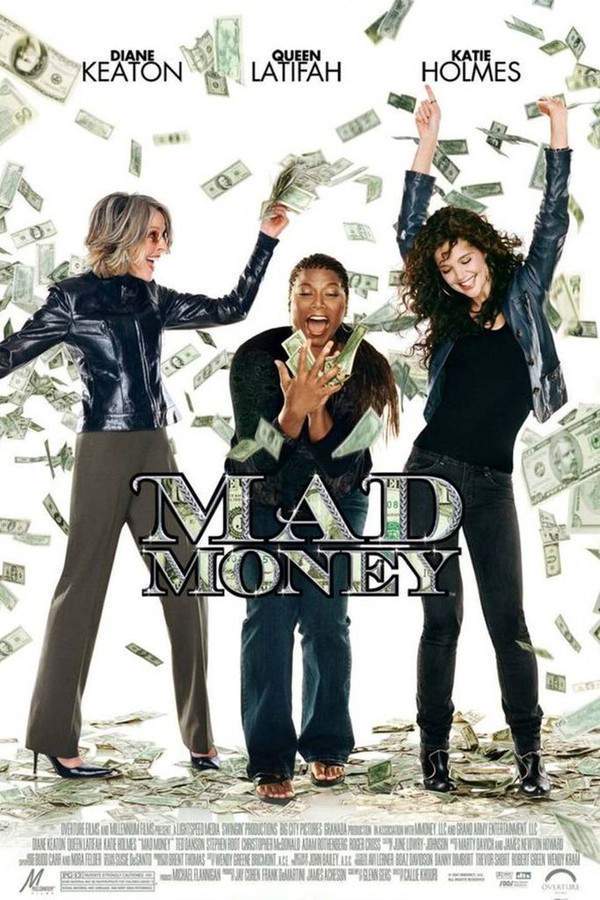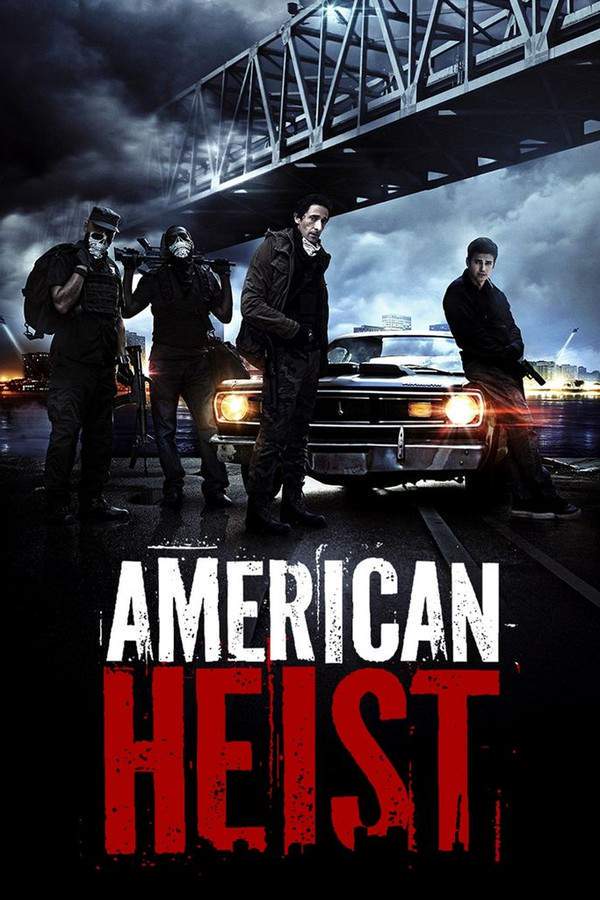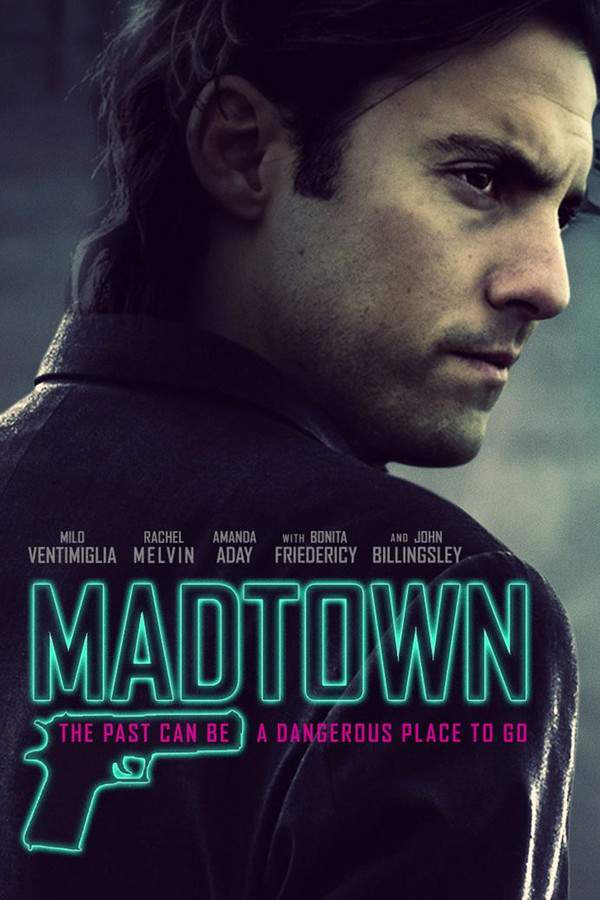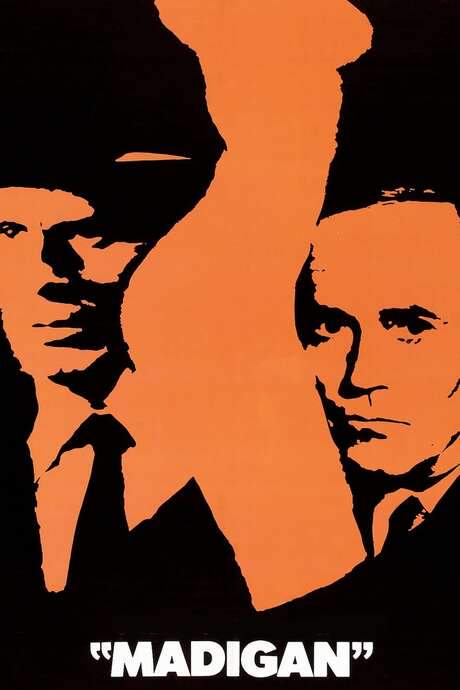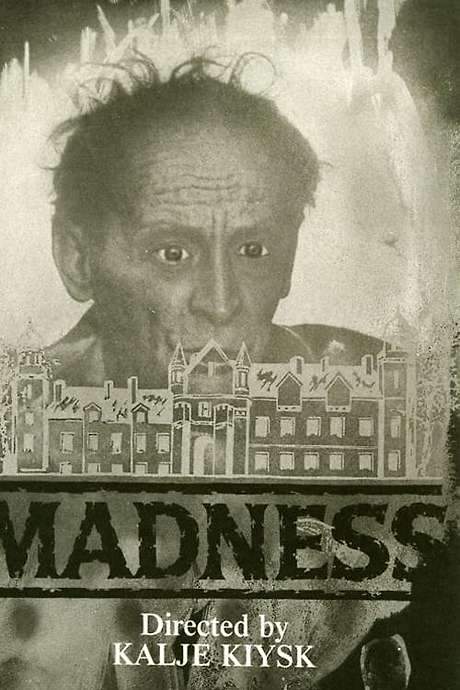
American Madness
Year: 1932
Runtime: 76 mins
Language: English
Director: Frank Capra
Banker Thomas Dickson, known for his social conscience, confronts a cascading crisis in a single day: his trusted protégé is falsely implicated in a robbery, the rumor spreads and triggers a frantic bank run, and startling evidence emerges that his wife may have been unfaithful. The film portrays a tumultuous portrait of contemporary America.
Warning: spoilers below!
Haven’t seen American Madness yet? This summary contains major spoilers. Bookmark the page, watch the movie, and come back for the full breakdown. If you're ready, scroll on and relive the story!
American Madness (1932) – Full Plot Summary & Ending Explained
Read the complete plot breakdown of American Madness (1932), including all key story events, major twists, and the ending explained in detail. Discover what really happened—and what it all means.
In the shadow of the Great Depression, the directors at Union National Bank grow uneasy about president Thomas Dickson. They fear his policy of lending to people who seem risky could jeopardize the bank, and they threaten to replace him. Dickson defends his approach, arguing that every loan has shown itself a reliable risk, none have defaulted, and that keeping funds moving helps prevent a deeper economic collapse. He stands firm, even as the pressure to resign mounts.
At home, the bank’s tension spills into a personal arena. Phyllis Dickson is planning an anniversary celebration, yet Dickson’s memory and priorities are tangled in business. He forgets the plans and schedules a separate meeting, promising to take her out the following night but then arranging yet another engagement — a clash between love and duty that threads through the story.
A dangerous scheme brews in the bank’s corridors. Three gangsters led by Dude Finlay Robert Ellis pressure chief cashier Cyril Cluett to help them raid the vault, threatening a $50,000 gambling debt. They compel Cluett to secure an alibi for midnight, ensuring their plan remains hidden. Sensing an opportunity to reclaim his own standing, Cluett plays along, and, catching sight of Phyllis, pretends he’s always cared for her, inviting her out. With Dickson unavailable, Phyllis reluctantly agrees to a night out, unintentionally stepping into a dangerous web. Matt Brown, who witnesses the growing tension, realizes something is amiss but keeps his thoughts to himself.
That night, while the couple’s plans are unsettled, the gang executes the robbery inside the bank, stealing $100,000 and murdering a guard who sees too much. By morning, sensational rumors about the heist swirl, triggering a run on the bank. Depositors surge to withdraw cash, and Dickson races to arrange emergency funds. Yet the board refuses to back him, insisting they cannot risk the bank’s reputation if withdrawals cannot be paid immediately. The situation threatens to collapse the institution, even though its resources could eventually cover the losses.
As investigators begin to connect dots, the police wonder about Brown’s whereabouts and his unnameable alibi, while they piece together clues that point toward Cluett and Finlay. Brown’s insistence on his privacy compounds the suspicion, and the debate over loyalty and truth intensifies the strain around Phyllis, who becomes entangled in the scandal.
Overwhelmed and despondent, Dickson contemplates a drastic step and contemplates resignation or even suicide. Then his wife arrives, offering reconciliation and a lifeline that helps him regain perspective. The bank’s cash strain deepens, and the crisis presses forward.
Facing dwindling cash, a remarkable gesture saves the day: loyal customers who had previously benefited from Dickson’s loans come forward, each depositing what they can. The act of faith from these ordinary depositors turns the tide, and the bank’s finances begin to stabilize. The board’s stance softens, and Dickson is vindicated, winning back his position and earning recognition for Brown with a promotion.
In a closing note of renewed trust, Dickson encourages Brown to marry his girlfriend, the secretary, and, in a bid to celebrate resilience, asks her to help arrange a grand sea voyage for himself and Phyllis. The story ends on a note of perseverance, communal support, and a hopeful return to stability after a crisis that tested every layer of trust within the bank and its circle.
Last Updated: October 09, 2025 at 09:23
Explore Movie Threads
Discover curated groups of movies connected by mood, themes, and story style. Browse collections built around emotion, atmosphere, and narrative focus to easily find films that match what you feel like watching right now.
Single-Day Crisis Thrillers like American Madness
Stories where a ticking clock and cascading disasters create relentless pressure.If you liked the frantic, high-anxiety bank run in American Madness, explore more movies like it where a cascading disaster unfolds over a single day. These similar films feature intense pressure, institutional threats, and characters racing against the clock to prevent ruin.
Narrative Summary
Narratives in this thread are defined by their compressed timeline, where a single catalytic event triggers a domino effect of problems. The structure is often linear and propulsive, focusing on the immediate response to the crisis rather than long-term consequences, creating a palpable sense of urgency and real-time stakes.
Why These Movies?
Movies are grouped here because they share a specific structural and pacing pattern: a fast-paced, high-intensity narrative confined to a short period. They deliver a similar viewing experience of breathless tension, focusing on crisis management and the psychological toll of extreme pressure on their protagonists.
Movies about Financial Crises and Hope like American Madness
Stories where failing systems are saved by collective human decency.For viewers who enjoyed the communal rescue in American Madness, this list features similar stories of institutional failure and societal strain. Discover movies like American Madness where systemic crises are met with human resilience, offering a hopeful ending after heavy drama.
Narrative Summary
The narrative pattern involves a trusted institution being severely tested by a crisis (financial, moral, or physical). Just as despair peaks, the story pivots to highlight the power of community, loyalty, or shared purpose, providing a solution that cold logic or individual effort could not achieve. The emotional journey moves from heavy despair to relieved hope.
Why These Movies?
These movies are connected by a shared thematic core: exploring the fragility of systems and the strength found in community. They balance heavy emotional weight with a ultimately hopeful, cathartic conclusion, creating a specific vibe of anxiety-turned-relief that resonates with viewers.
Unlock the Full Story of American Madness
Don't stop at just watching — explore American Madness in full detail. From the complete plot summary and scene-by-scene timeline to character breakdowns, thematic analysis, and a deep dive into the ending — every page helps you truly understand what American Madness is all about. Plus, discover what's next after the movie.
American Madness Timeline
Track the full timeline of American Madness with every major event arranged chronologically. Perfect for decoding non-linear storytelling, flashbacks, or parallel narratives with a clear scene-by-scene breakdown.

Characters, Settings & Themes in American Madness
Discover the characters, locations, and core themes that shape American Madness. Get insights into symbolic elements, setting significance, and deeper narrative meaning — ideal for thematic analysis and movie breakdowns.

American Madness Spoiler-Free Summary
Get a quick, spoiler-free overview of American Madness that covers the main plot points and key details without revealing any major twists or spoilers. Perfect for those who want to know what to expect before diving in.

More About American Madness
Visit What's After the Movie to explore more about American Madness: box office results, cast and crew info, production details, post-credit scenes, and external links — all in one place for movie fans and researchers.

Similar Movies to American Madness
Discover movies like American Madness that share similar genres, themes, and storytelling elements. Whether you’re drawn to the atmosphere, character arcs, or plot structure, these curated recommendations will help you explore more films you’ll love.
Explore More About Movie American Madness
American Madness (1932) Scene-by-Scene Movie Timeline
American Madness (1932) Movie Characters, Themes & Settings
American Madness (1932) Spoiler-Free Summary & Key Flow
Movies Like American Madness – Similar Titles You’ll Enjoy
American Hustle (2013) Full Summary & Key Details
American Animals (2018) Full Summary & Key Details
Mad Money (2008) Plot Summary & Ending Explained
American Heist (2015) Full Movie Breakdown
Assault on Wall Street (2013) Full Movie Breakdown
Madtown (2018) Ending Explained & Film Insights
Madigan (1968) Film Overview & Timeline
The Mad Bomber (1973) Detailed Story Recap
An American Dream (1966) Detailed Story Recap
An American Tragedy (1931) Movie Recap & Themes
The American (1998) Full Movie Breakdown
American Buffalo (1996) Movie Recap & Themes
Money Madness (1948) Plot Summary & Ending Explained
Madness (1969) Spoiler-Packed Plot Recap
The Mad Game (1933) Film Overview & Timeline




